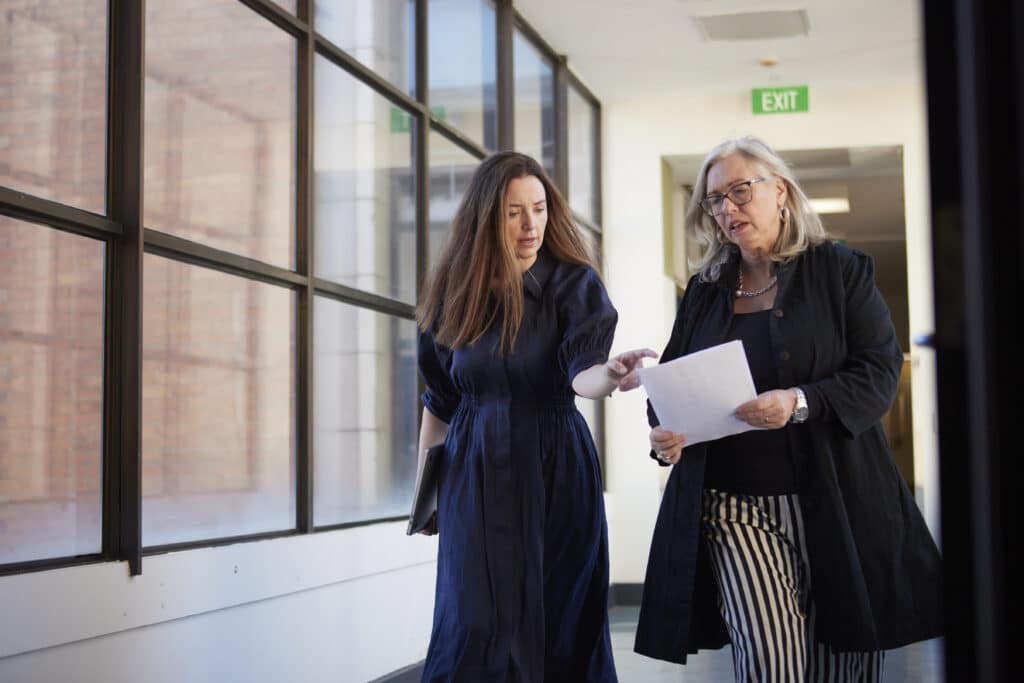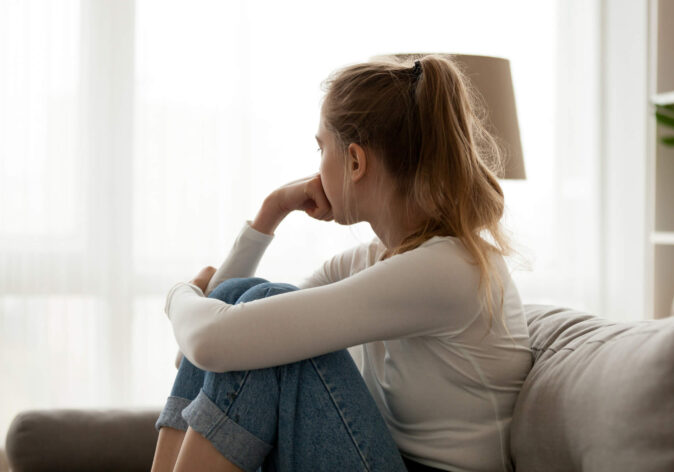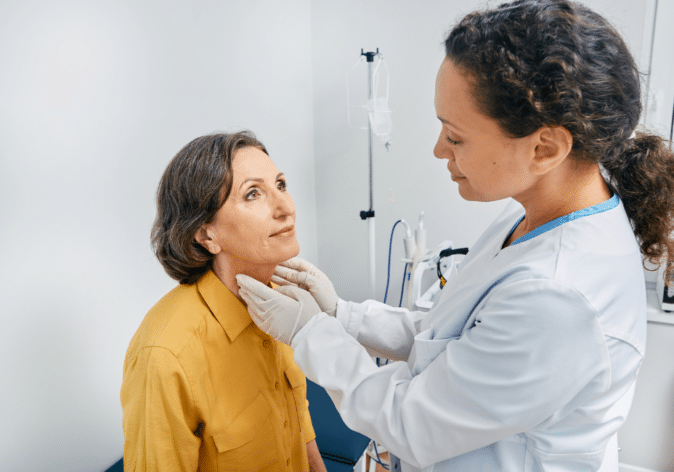For many young women with a breast cancer diagnosis, starting a family following their treatment can be a primary point of concern. The POSITIVE clinical trial investigated if it was safe to temporarily stop endocrine therapy in young women with oestrogen-receptor positive breast cancer, who wanted to become pregnant after their breast cancer diagnosis.
Christobel Saunders is a Board Director at Breast Cancer Trials and a Professor of Surgery at the University of Melbourne, Royal Melbourne Hospital, and the Peter MacCallum Cancer Centre, and we spoke to her about the outcomes of this clinical trial.
“So, the POSITIVE trial was a large international trial aiming to recruit around 500 women from around the world. And the question we wanted to answer was one that many young women themselves will have. That is, I’ve had breast cancer and I really want to have a child after my breast cancer. Is it safe to do so, and if so, how should I go about that?”
“We know that women who’ve had breast cancer and had the treatments for breast cancer have a lot lower fertility. In other words, having had chemotherapy, being somewhat older, and then having to have anywhere between five and ten years of endocrine therapy means that by the end of all of that, your chance of actually having a child is very low.”
“And yet we know that young women who’ve had breast cancer, many will want to go on to have a child, either a first child or another child if they have one. And that’s a really important issue for women, particularly as we know that breast cancer is fairly common in young women. Around 4,000 women under 45 are diagnosed in Australia each year with breast cancer.”
“Most of those will do very well and survive, and therefore there are literally tens of thousands of women who’ve had breast cancer. And for them, future fertility, and having a family is really important.”
“But what had never been answered in a prospective manner was how safe that could be. So, the study was really aimed to look at the safety of that. And our primary outcome of the study was breast cancer free interval. In other words, how often was it that breast cancer was likely to come back.”
How can a breast cancer diagnosis affect a women’s fertility?
“So we know firstly that breast cancer is probably slightly more common in women who haven’t had children. So, a lot of younger women diagnosed with breast cancer won’t have completed their families. We know that having chemotherapy, which many young women of course will have, essentially ages your ovaries by around 10 years.”
“If you’re 35 at diagnosis, it can age your ovaries to be 45, so clearly less likely to have a child. And importantly, having endocrine therapy for a large proportion of women who have endocrine sensitive tumours will also mean that you can’t get pregnant whilst you’re on that endocrine therapy.”
“So this study was aimed at those women with the ER-positive cancers and the real question was, can we stop that endocrine therapy for a while, or interrupt it, asking them to then restart it. And during that period of interruption women could attempt to get pregnant either naturally or if they’d had IVF, for example embryo storage, they could do it that way.”
“This study looked at the safety of interrupting it for a while in an attempt to get pregnant and then go back on up to 10-years of endocrine therapy to make sure your cancer doesn’t come back.”
“One of the things that we do know is from fantastic studies run by Breast Cancer Trials, such as the TEXT and SOFT study, that we will definitely recommend young women with estrogen-receptor positive breast cancer to have endocrine therapy, and often for increasing lengths of time, for up to 10 years.”
Listen to the Podcast
We spoke with Professor Christobel Saunders about the outcomes of the POSITIVE clinical trial.
What were the results from this study?
516 women were enrolled in the positive study, which was conducted across 20 countries, and 497 of those were followed for pregnancy status. Among the 497, 368 women had at least one pregnancy and 317 had at least one live birth.
By three years following initital treatment, the cancer had returned in approximately 9% of participants. These results were similar to those seen in a group of premenopausal women participating in a similar study without a treatment pause.
Study Chair of the POSITIVE clinical trial, Professor Ann Partridge highlighted that “the POSITIVE trial provides important data to support young patients with hormone receptor-positive early breast cancer who are interested in a pregnancy, taking a break from endocrine therapy to pursue one.”
What are your hopes for the future of breast cancer research?
“Well, in an ideal world, I would become redundant in the next few years, and we would no longer need breast surgeons and no longer need breast cancer researchers, but clearly that’s not going to happen. So, I think that’s a multi-pronged question”, said Professor Saunders.
“We obviously, ideally, would like to try to prevent so many people being affected by breast cancer. It’s not just whether you survive or not, but it’s having the diagnosis, having to go through the treatments, and having the long-term survivorship issues. So trying to avoid breast cancer would be the ideal way, and we are of course looking at ways to do that.”
“We also want to try to and make more women survive, but also have a better quality of life. And I think that’s really important, addressing those quality-of-life issues. And that’s something that the POSITIVE trial is trying to do, it fits into that bracket if you like, of really impacting on survivorship because for a young woman having a normal life after breast cancer is really important and having a family is an important part of that normal life.”
Support Us
Help us to change lives through breast cancer clinical trials research



